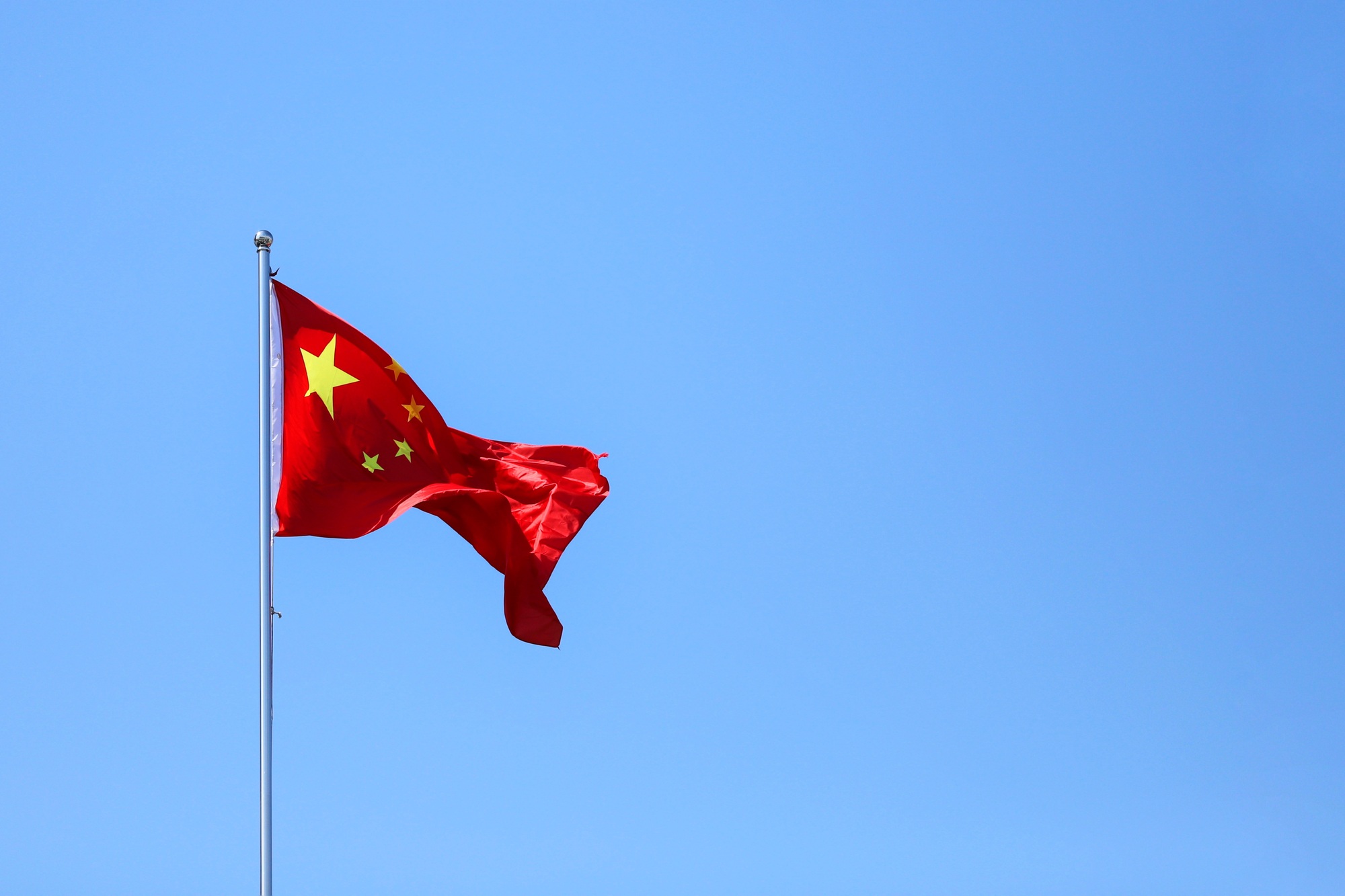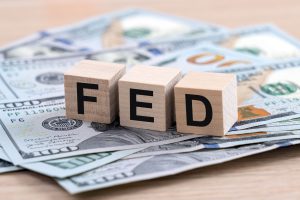In a strategic but discreet maneuver, China has created a list of U.S.-made products exempted from its 125% retaliatory tariffs, according to multiple sources familiar with the matter. The move suggests Beijing is quietly softening its stance in the ongoing trade standoff with the United States, even as it publicly maintains a defiant tone.
The exemptions are not part of a formal or publicly disclosed policy. Instead, Chinese authorities are privately contacting companies, notifying them that some of their U.S.-sourced imports may qualify for tariff relief. Two sources told Reuters that the so-called “whitelist” exists but has not been published or broadly communicated.
“This allows China to provide relief without undermining its tough public messaging,” said a source working for a pharmaceutical company whose products rely on U.S. technology.
Selective Relief for Strategic Products
China has already confirmed tariff waivers on specific imports, including pharmaceuticals, microchips, aircraft engines, and most recently, ethane — a key input for petrochemical manufacturing that currently has no viable supplier outside the U.S.
The new list, which reportedly includes a broader array of products, is seen as a way to mitigate the domestic economic damage from prolonged trade tensions, while preserving the country’s negotiating leverage with Washington.
One source said the Shanghai Pudong government contacted their firm directly on Monday to notify them of the exemption eligibility, adding that companies have also been encouraged to proactively reach out to officials to inquire about their own product classifications.
Behind the Scenes: Balancing Concessions with Hardline Messaging
While Chinese leadership has publicly vowed to “fight until the end” unless U.S. tariffs are lifted — with Washington currently imposing up to 145% tariffs on Chinese imports — the behind-the-scenes exemptions suggest a dual-track approach. On the surface, Beijing maintains its nationalistic rhetoric; underneath, it is making targeted concessions to sustain vital industries and secure critical technologies.
“This is about protecting strategic sectors without signaling weakness,” said Wei Zhou, a trade policy analyst based in Hong Kong. “It’s a subtle acknowledgment that the tariff war is hurting both sides.”
Trump Administration Sees Potential for Deal
In remarks made Tuesday, President Donald Trump said he believed a trade deal with China was “on the horizon,” but insisted it would be “a fair deal.” The White House has not commented on China’s internal tariff list, though officials are believed to be aware of the back-channel adjustments.
Trump’s statements followed a volatile week in markets, as investors reacted to both escalating tariff threats and reports of ongoing, albeit unofficial, diplomatic contact between the two nations.
Impact Assessment Underway in China
Beyond the exemptions, Chinese authorities have also begun surveying companies to assess the impact of tariffs, according to two other sources. At a recent meeting in Eastern China, local officials reportedly asked a foreign business chamber to submit reports on “critical situations” caused by the tariff war, indicating an effort to quantify and possibly address economic fallout.
“China is playing the long game,” said one executive with direct knowledge of the discussions. “They’re gathering detailed data to inform any broader negotiation or domestic policy shift.”
What’s Next: Policy or Posturing?
While it remains unclear whether the exemptions are part of a coordinated de-escalation strategy or simply a pragmatic workaround, analysts say the move signals a willingness to soften the trade war’s economic edge without publicly conceding ground to Washington.
If a formal China–U.S. trade deal materializes in the coming months, the exemption list may serve as a foundation for future negotiations — or as a quiet admission that even trade warriors must occasionally blink.







